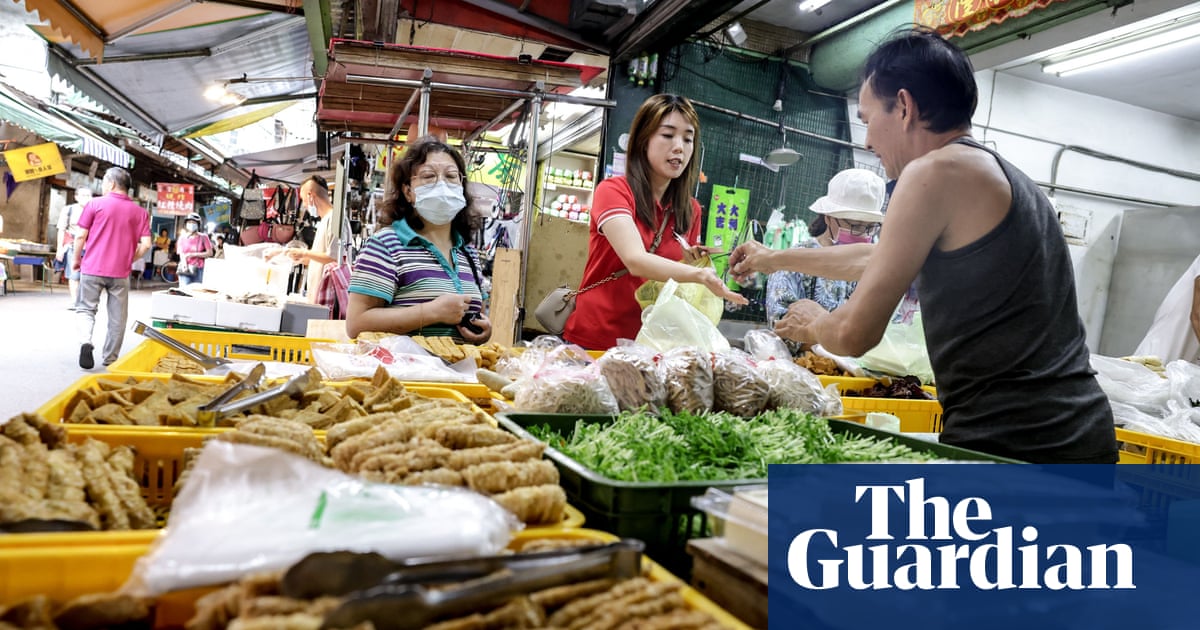
Chinese authorities have ordered a unit of state-run PetroChina to stop trading off crude oil import quotas with local refineries as part of a crackdown on excessive fuel production, a move that could cut the country"s crude imports by 3%, sources said.
Beijing has stepped up scrutiny of crude oil quota use and imports by state and private firms this year to ease a fuel surplus that has weighed on the sector"s profits and led to excess emissions that have undermined China"s climate goals, said five industry sources with knowledge of the matter.
PetroChina Fuel Oil Co Ltd is a major crude oil supplier to China"s independent refineries.
Without additional quotas from the company, crude purchases by the independent refineries, also known as teapots, will fall by 12 million to 16 million tonnes annually (240,000 to 320,000 barrels per day), or roughly 3% of China"s total crude imports, the sources said, forcing the firms to import fuel oil instead to keep plants running.
The drop in crude imports by the world"s largest oil importer could also cap a recovery in global oil prices , which are now hovering above $70 a barrel.
China has in recent months unleashed an array of measures aimed at curtailing its bloated oil refining sector, from examining illicit trading of import quotas to levying new taxes to curb unwanted fuel supplies. read more
PetroChina Fuel Oil, which produces and trades fuel oil and bitumen, was ordered in April to stop re-selling imported crude oil and trading off quotas to about half a dozen teapots, a legacy practice the firm has engaged in for years.
"The government is taking a lot more seriously carbon emissions this year, and sees large crude oil imports and large refined fuel exports as something unsustainable," said one official.
Teapots that are processing more crude beyond their quota allowances are expected to be reined in, said the official.
China, the world"s second-largest refiner, has since late 2015 allowed over 40 smaller plants to process imported oil to support private investment, but controls overall oil purchases using a quota system to curb wasteful refinery expansions.
Under a legacy scheme endorsed by parent company PetroChina , the fuel oil unit partnered with teapot refineries under a so-called "processing" arrangement, under which the firm pays a processing fee to the teapots and buys back refined products such as diesel at an agreed price, said a second official.
But sources said it was "very tough" to agree on the buy-back terms on prices or fuel quality, so PetroChina Fuel Oil often simply let these plants use its import allowances or sometimes directly resold imported crude oil to them.
"(The investigation) officially ends the years-long partnership between the company and teapots," said a third official.
A PetroChina representative said he was not aware of the situation and was unable to comment.
Top economic planner, the National Development and Reform Commission (NDRC), which is leading the investigation, did not respond to a request for comment.
After being cut off from the crude supply business, PetroChina Fuel Oil will be forced to resume importing fuel oil to supply its four bitumen plants and also expand into other businesses to boost revenue.
"(The company) has to adapt to the changes and expand into new business such as bonded marine fuel and new energies," said the second official, without elaborating.











